Being a podcast host requires time, effort, and some acquired skills that you can develop as you go along. So if you’re looking to become a popular podcast host yourself, you will want to be prepared by following the insights here.
What Does A Podcast Host Do?
If you want to be a part of the exciting industry of podcasting, you’ll want to produce the best content that you can. And having a great host is the most important part of a podcast.
Podcast hosts are not only the main voice of your show but they are also responsible for researching topics and guests, preparing for recordings, and being an engaging and inspiring interviewer. In short, being a great podcast host can help elevate your podcast to the next level.
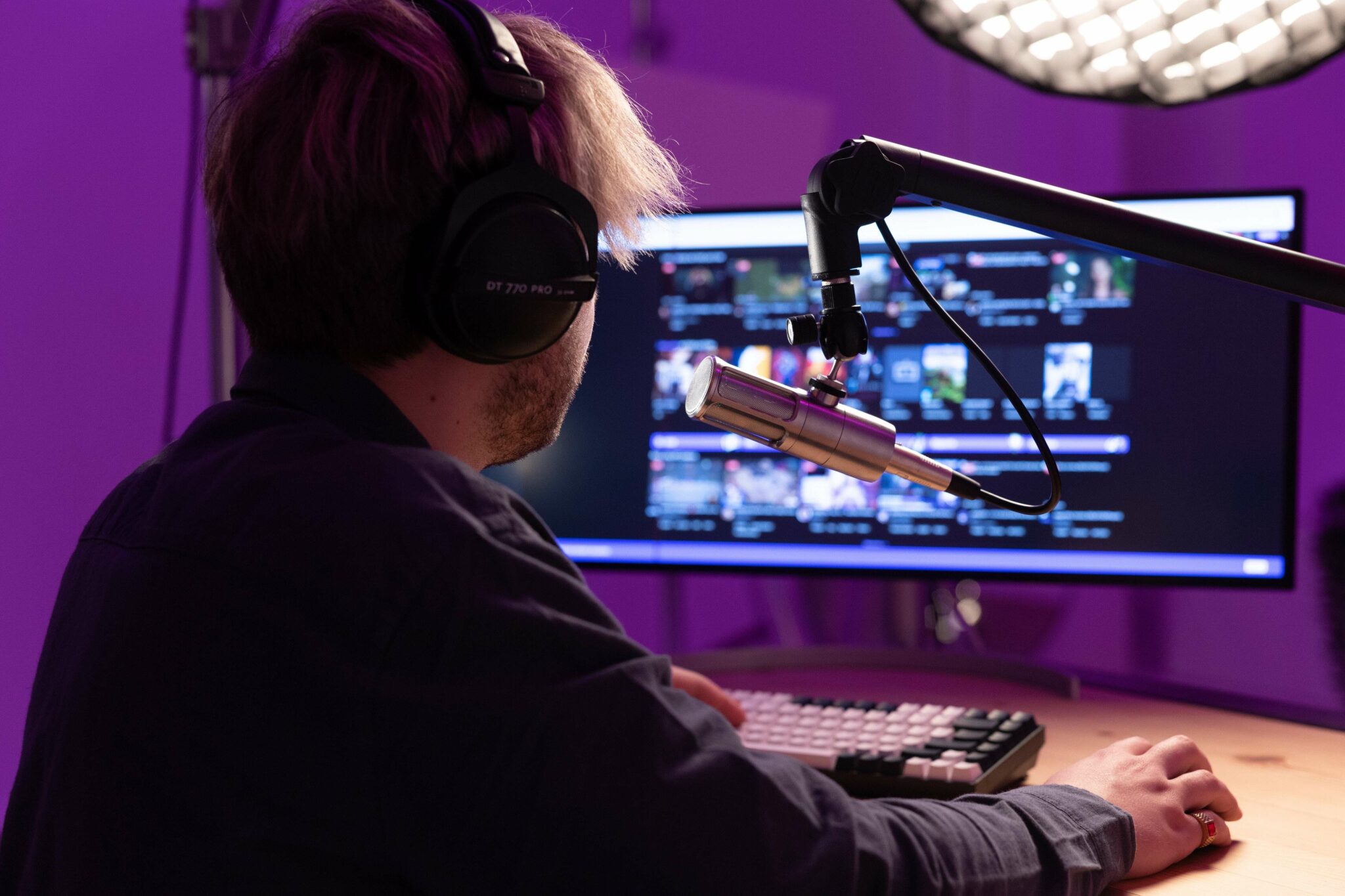
Qualities Of A Popular Podcast Host
Podcast Host Quality #1: Excellent Conversationalist
Most obviously, the best podcast hosts are great conversationalists. Podcasts are always first and foremost about conversation, so a host must be confident that they can ask pertinent questions and make the interviewee feel relaxed.
At the same time, the host needs to engage the listeners. The conversation should be open and make the listeners feel part of the discussion.
Podcast Host Quality #2: Knowledgeable About the Niche and Topics
While the host doesn’t have to be an expert, they need to have a good understanding of the main niche of the podcast. For instance, if you’re hosting a business podcast, you should have experience and an interest in business.
Podcast Host Quality #3: Outgoing
Any podcast host needs to have the confidence and personality to lead the conversation. If they don’t appear friendly to the listener or guest, they form a podcasting habit that annoys the listeners.
Podcast Host Quality #4: Enthusiastic to Learn and Get Better
No host will be perfect at the beginning. By accepting that you will make mistakes, you will be able to learn from them and improve as you go along.
An enthusiasm to improve will mean that soon you’ll look back on your first podcast and cringe – but your content will be much better!
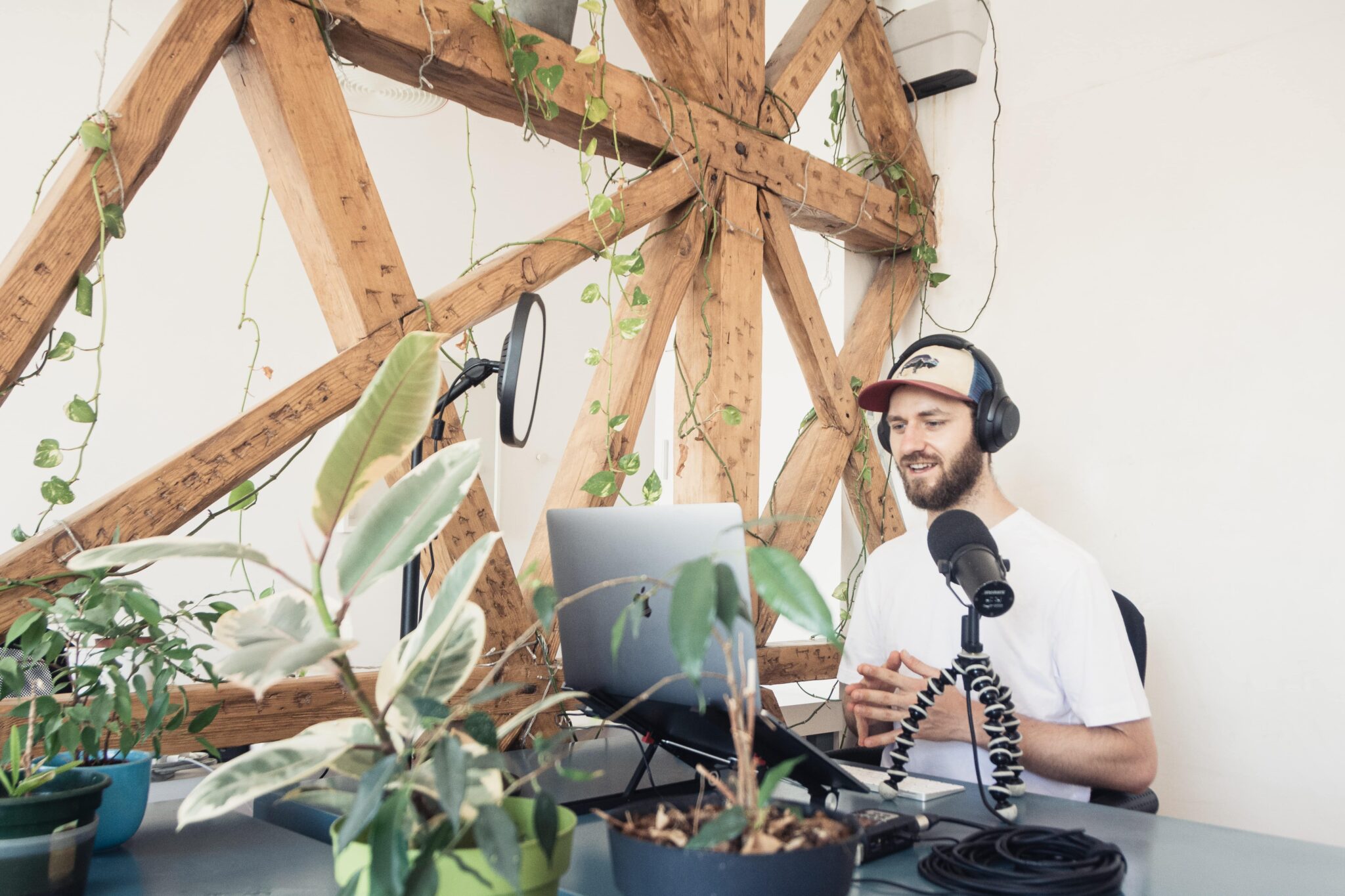
Podcast Host Quality #5: Has a Pleasant Voice
This one is simple: no one likes to listen to a podcast full of irritating voices or unclear pronunciation.
Podcast Host Quality #6: Knowledgeable About the Audience
While podcast listeners are a varied range of people, each individual podcast will have a specific target audience. Hosts need to know who they are talking to and act accordingly.
Podcast Host Quality #7: Experts on Picking Guests
The guests are what really makes a podcast tick. Hosts need to select the right people for their topic and their audience.
For example, The Make It Happen Show carefully selects trailblazing entrepreneurs to ask how they managed to achieve their success. Without the right guests, the show falls flat.
Podcast Host Quality #8: Has Good Planning and Organizational Skills
Unless you are one of the few podcasts with a production team, the host needs to be able to plan ahead and organize recordings.
Being on top of a schedule and planning around the availability of guests is the key. Using helpful technology such as Dialpad IVR solutions could help you manage your show.
Podcast Host Quality #9: Considerate and Sensitive
Just as conversations need to be engaging, they should also be sensitive. For example, hosts shouldn’t push questions on a guest if they are unwilling to talk further about a topic.
Podcast Host Quality #10: Social Media Savvy
Social media is the best way to promote your podcast, so the host should be able to use channels such as Instagram to bring in new listeners.
Podcast Host Quality #11: Authentic and Sincere
Finally, it is important that the host appears authentic and sincere. Above anything else, the audience wants to listen to someone who they like and can trust.
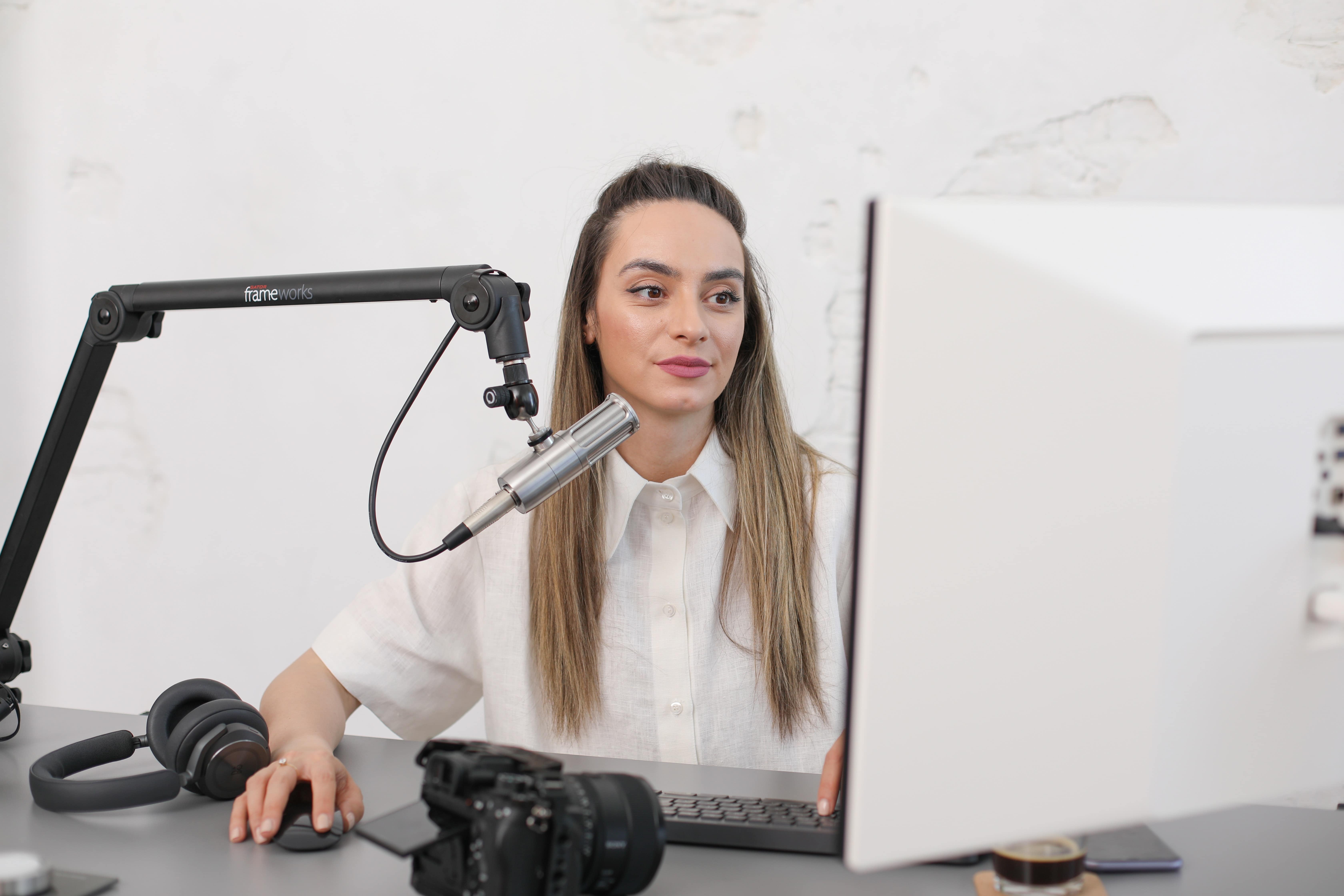
Importance of Preparation: Pre-Production, Production, and Post-Production for Podcast Hosts
While listeners only get to know the host through the final recording, a good host does much more work behind the scenes. Preparation is incredibly important for all stages of the production process.
Importance #1: It Avoids Delays.
By preventing procrastination and ensuring that everything runs smoothly, preparation helps to speed up the recording process.
Importance #2: It Makes the Production Stage Easier.
Having a clear preparation for the production stage means that everyone will be on the same page when recording.
Importance #3: It Saves Time for the Team.
If you already know what to ask your guests, your team won’t have to perform additional research. Preparation also means that you don’t waste your guest’s time as you will be ready to record quickly.
Importance #4: It Helps to Resolve Issues After Production.
Preparation is the best way to prevent issues from occurring during recording, which would take time to resolve in the editing process.
How a Great Podcast Host Performs Before, During, and After Production
The best podcasters are fully involved with each stage of content creation.
This means that they can be the ideal guide for the listener. They should be the key person in any successful podcasting team.
Pre-Production
A Great Podcast Host Decides the Contents.
Firstly, a host needs to decide what you’ll talk about. If you’re new to podcasting, you’ll have plenty of choice, but this decision can be more difficult as the amount of content you’ve produced increases.
A Great Podcast Host Researches About the Topics and Guests.
Once you know what you’re going to discuss, the best hosts do thorough research on the topic, meaning that they are completely prepared for the recording.
A Great Podcast Host Starts Searching for the Best Guests.
Guests should be the real experts in their field and should bring something new to each podcast episode.
Hosts might not always be responsible for booking guests, but platforms like PodMatch and Guestio can go a long way to help find them quickly.
A Great Podcast Host Makes a List of Questions and Segments.
Dead air on a podcast is always a no-no, so preparing questions in advance helps you to avoid those awkward silences and moments of uncertainty.
A Great Podcast Host Looks for a Comfortable Location.
You may have a specific podcasting studio that you use or you may have to book a location. This should be somewhere accessible for you and your guest and also needs to have suitable equipment and audio quality.
Some podcasts are produced over a video call. If so, look for a location where you won’t be disturbed.
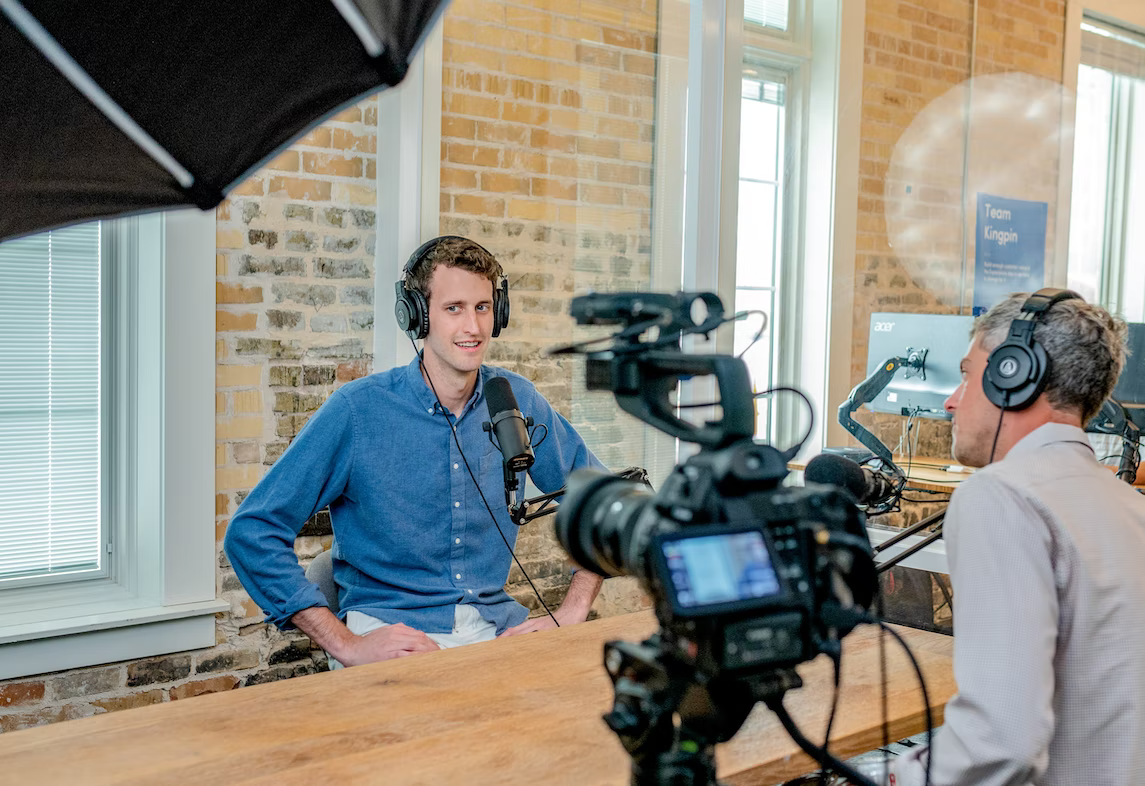
Production Tips
Production Tip #1: Familiarize Yourself with the Equipment
Before you start recording, make sure that you are familiar with the equipment. If something stops working, you want to be able to fix it quickly!
Production Tip #2: Set Up Equipment on Location
The equipment then needs to be set up once you have arrived at the location. Try to place mics away from other possible sources of noise.
Production Tip #3: Make Sure Your Voice is Warmed Up
Before pressing ‘record’, test your sound with some voice exercises. No one wants to listen to a squeaky or croaky host.
Production Tip #4: Remember to Follow the Golden Rules of Conversation
Most importantly, make sure that your conversation is a good one by following the Golden Rules of Conversation. Don’t interrupt. Don’t contradict. Don’t exaggerate. And be a good listener by letting your guest do the majority of the talking.
Post-Production Process
Process #1: Plot Editing
After the podcast has been recorded, a good host will plot the editing process. This means there is a plan to make your content as professional as possible. Make notes on what to highlight, what clip can tease in an intro, what conversation topics need to be cut because they are off topic, etc.
Process #2: Make Use of Music and Voice-Over
The recording itself is not enough for a podcast. You should include a good intro and outro, and maybe even some appropriate music underneath to support your theme.
Process #3: Upload your show
After editing and doing a final quality check, you are ready to upload the episode. Podcast hosting platforms make this as easy as possible.
Process #4: Promote your show
Finally, you want to make sure that people will listen to your podcast! Remember to promote the episode across your personal social media channels, as well as any separate channels you have setup for the podcast or business.
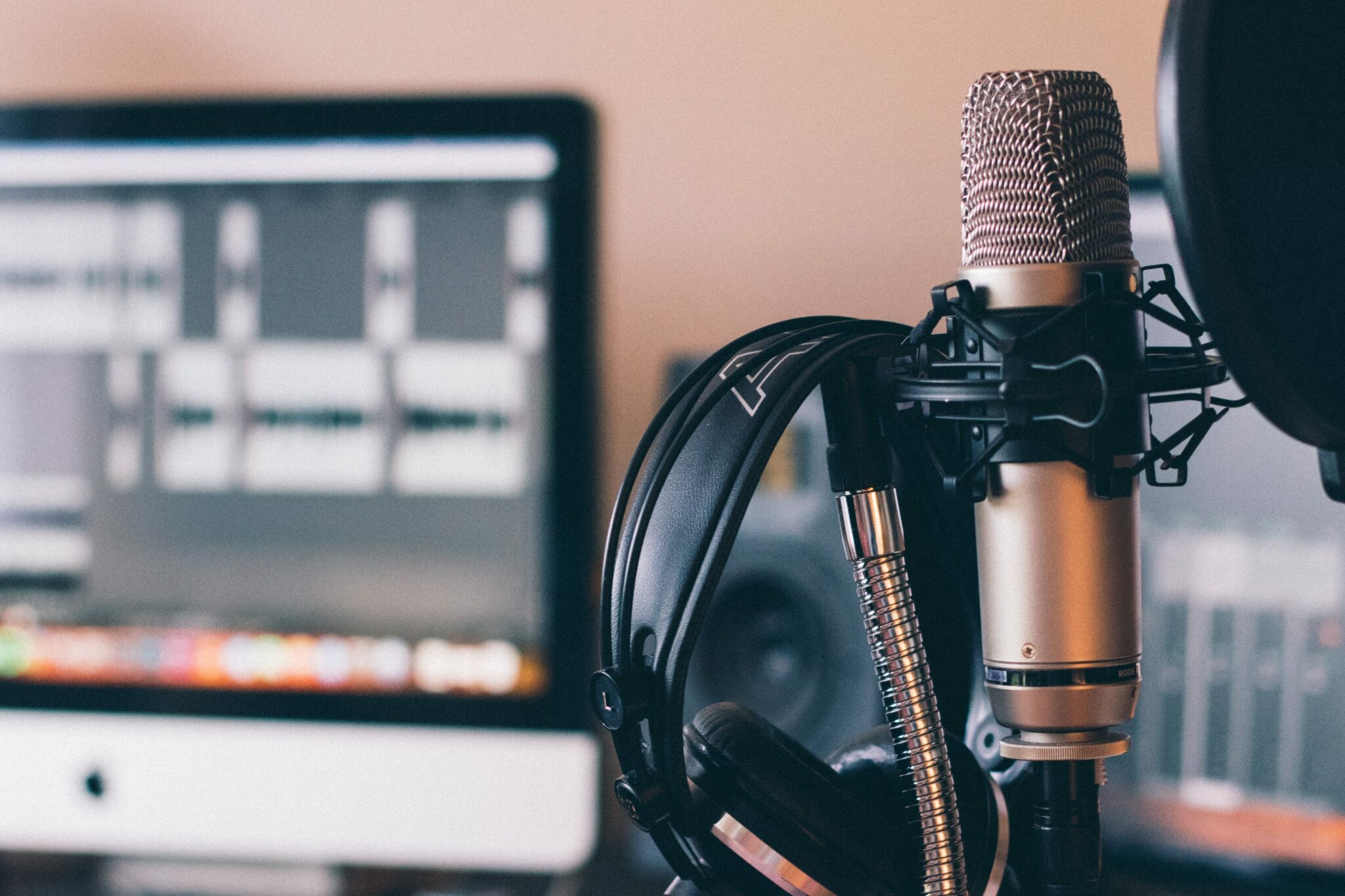
Can Anyone Start a Podcast and Be a Podcast Host?
Starting and hosting a podcast is not as easy as it may seem. The best hosts are prepared, hard-working, and excellent conversationalists.
However, following this guide can help you become successful in this field.
Becoming popular follows being a prepared host. Taking the time to invest in yourself and your skills is a good way to make your mark in this growing industry. Whether you are a podcaster wanting to improve or someone interested in becoming a host for the first time, this guide will help you to be the best possible host in your chosen niche.

Jessica Day is the Senior Director for Marketing Strategy at Dialpad, a modern business communications platform with cloud PBX system that takes every kind of conversation to the next level—turning conversations into opportunities. Jessica is an expert in collaborating with multifunctional teams to execute and optimize marketing efforts, for both company and client campaigns.

